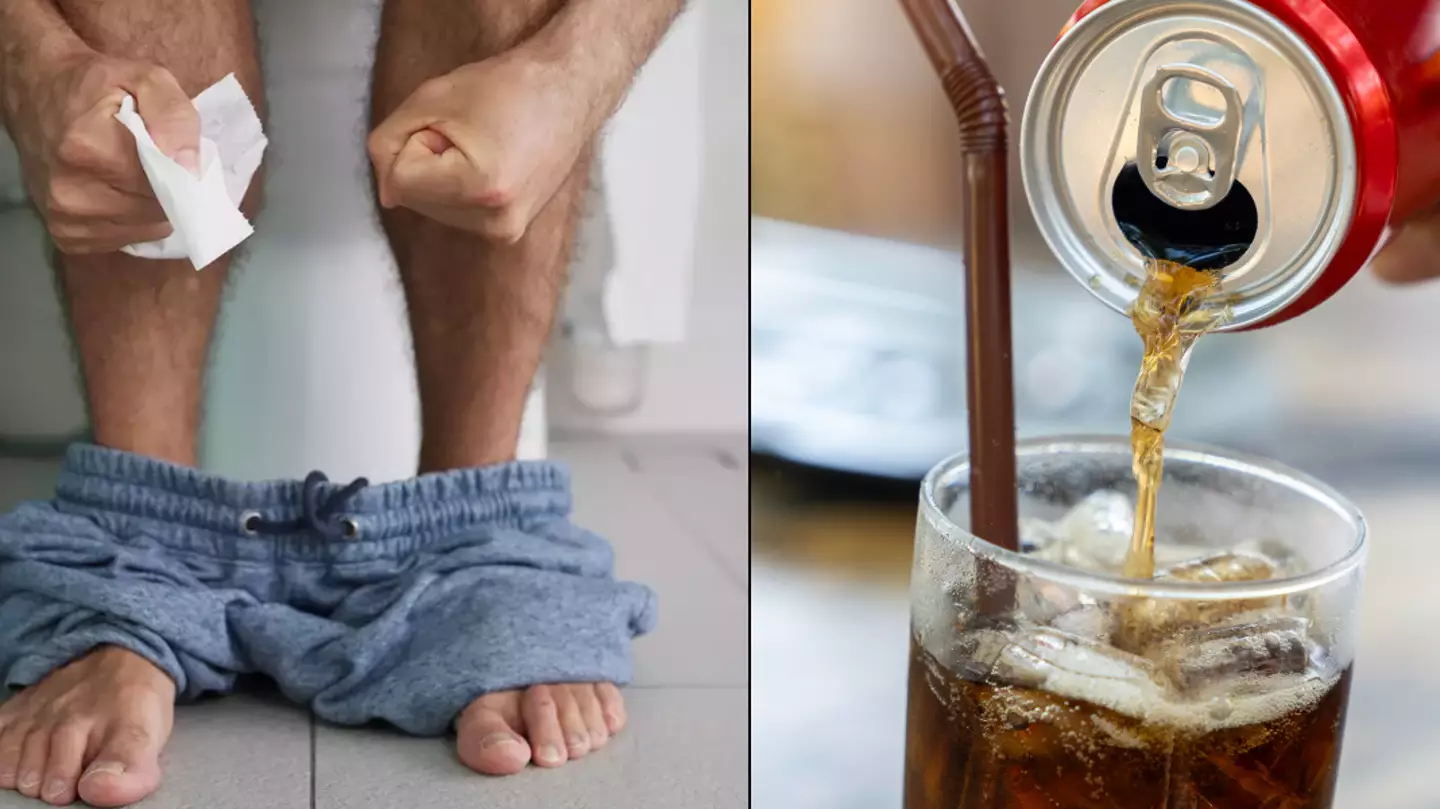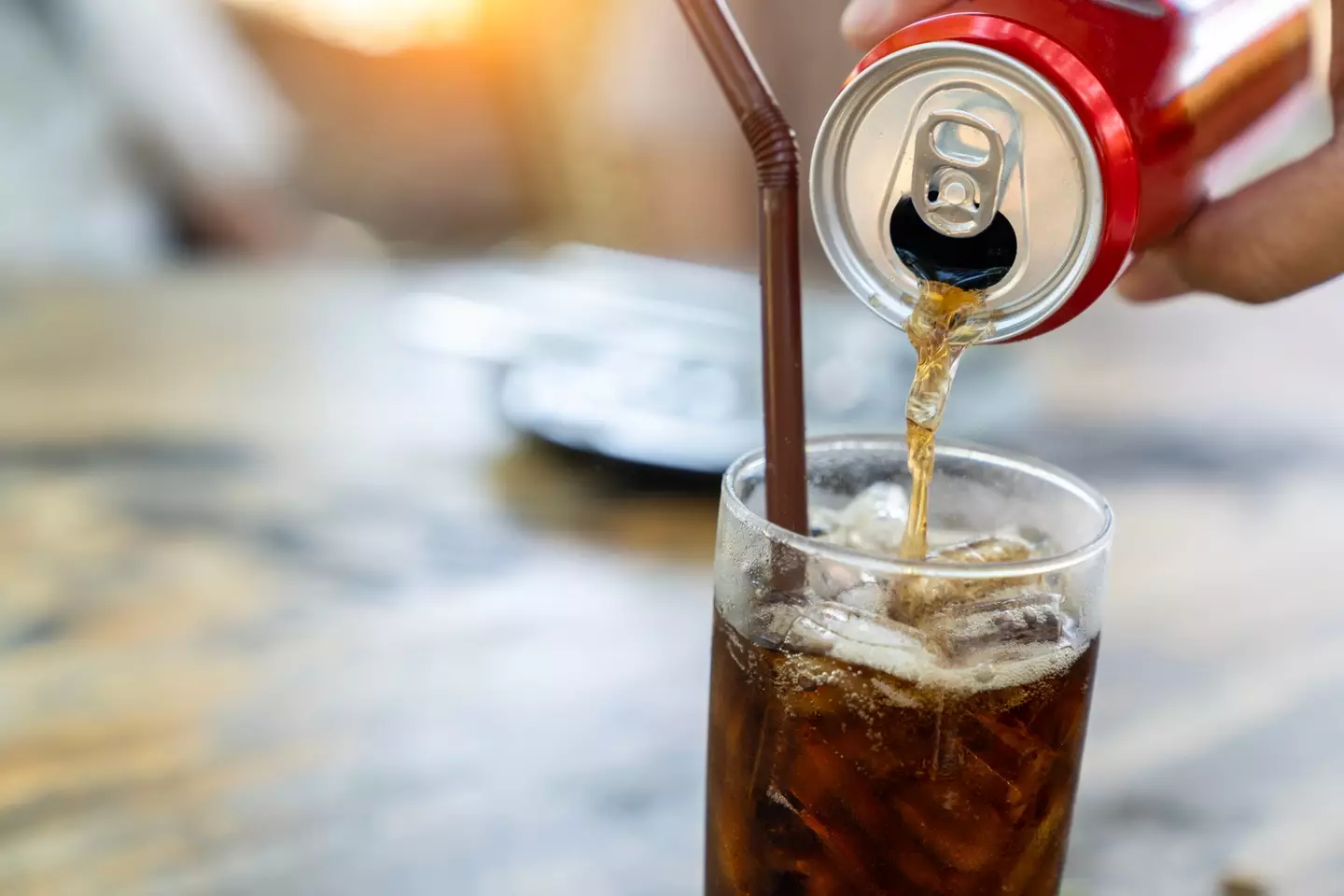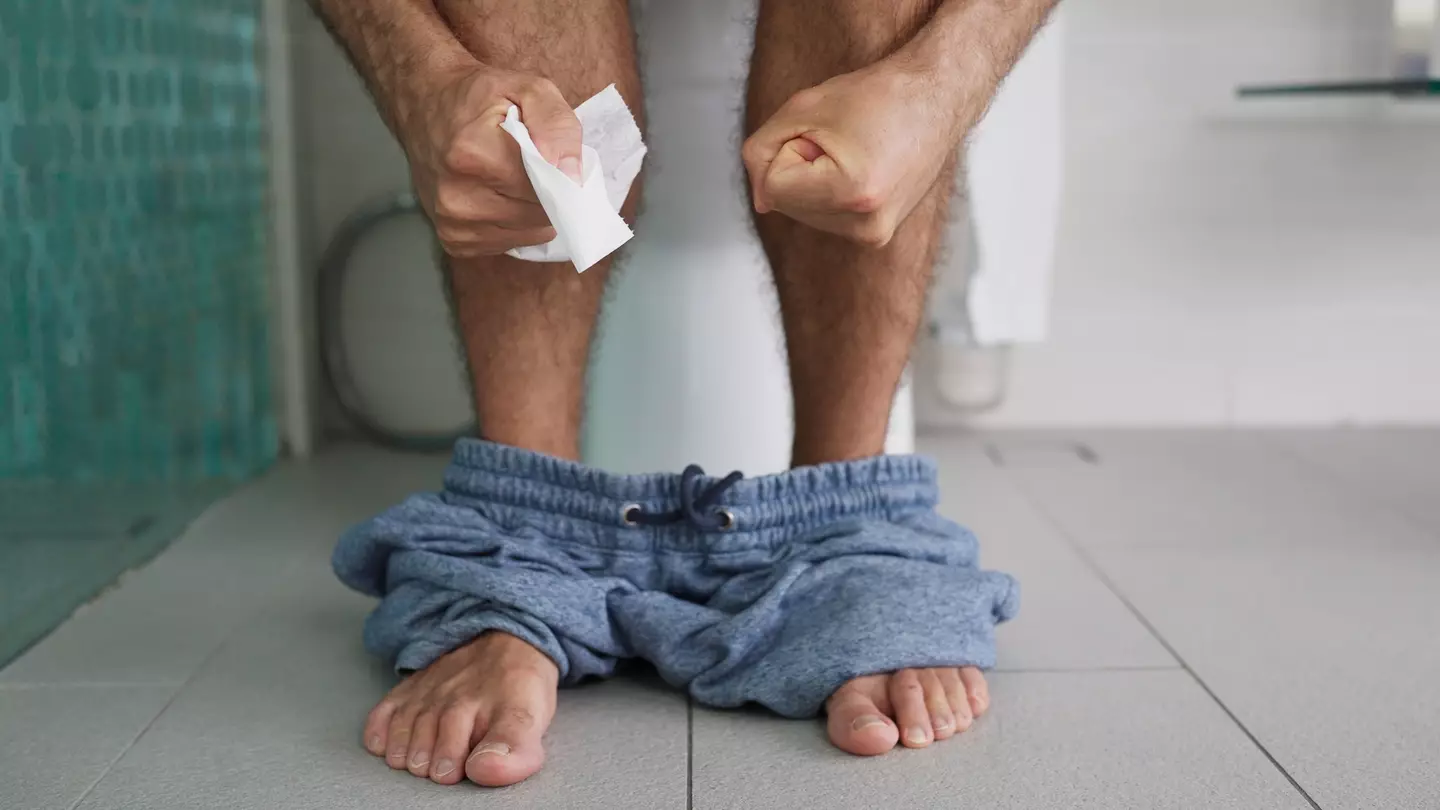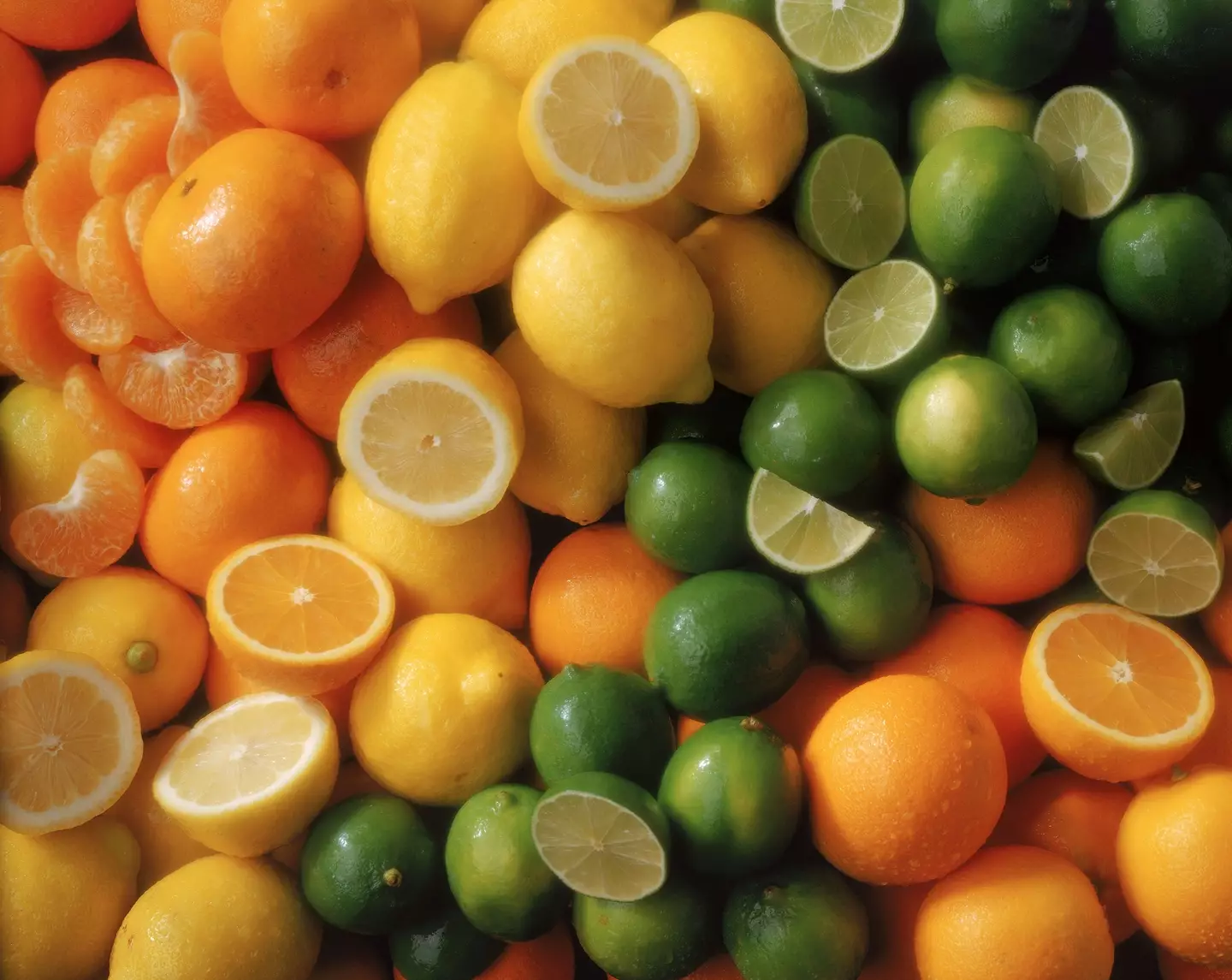
A doctor has warned what food and drinks to avoid to if you always need to poo after eating.
There seems to be a lot of advice surrounding our bowel movements - how often we should be going, what a 'normal' one looks like, etc.
But if you find that needing to nip to the loo immediately after eating is a common occurrence for you, there could be an explanation behind it after all.
Dr. Joseph Salhab recently shared on TikTok that needing to go to the loo instantly after eating doesn't necessarily mean you have something wrong, such as irritable bowel syndrome (IBS), but that it could simply be to do with your brain functions.
Advert
Not only this, but certain food and drinks that we consume throughout the day could be making the urge 10x worse.

So if you've got an important day coming up where a trip to the toilet after every meal isn't really an ideal scenario, you might be best avoiding these things...
The doctor noted that food doesn't simply 'pass through us' that quickly, as many of us would first assume.
Instead, he claims that the process involves signals to your brain.
Advert
In the video, he states: "When you eat and you feel like you have to use the restroom right after, this is something called the gastrocolic reflex."
Despite each case presenting different causes, the doctor warned that there are a few things that can worsen symptoms for everyone.

These include things we consume on a daily basis such as fizzy and sugary drinks, booze, dairy, fried and fatty foods, and even some citrus fruit.
According to Dr Salhab, within about 20-30 minutes of eating, the stretching of your stomach sends your brain a signal that you’re full of food.
Advert
And this is where we have to make some room somehow...
As expected, the doctor suggested that 'your colon begins to contract to make more room for the food', hence why your brain might be telling you to nip to the loo.
And apparently, it's a stronger reflex just after breakfast in the morning.
While these kind of bowel habits don't usually suggest internal problems, people who suffer with IBS will be a lot more sensitive to the reflexes.
Dr Salhab also recommended something called a low FODMAP diet.
Advert

Predominantly designed to help people with IBS, according to BBC Good Food, there's an absolutely huge list of foods it recommends avoiding, including: wheat (including bread and breakfast cereals), rye, barley, garlic, leek, onion, artichoke, lentils, chickpeas, legumes, cashews, pistachios, baked beans, lentils, borlotti beans, chickpeas, soybeans, kidney beans, animal milk, custard, ice cream, yogurt, dairy desserts, apples, pears, mangoes, watermelon, high-fructose corn syrup, honey, nectarines, peaches, plums, cauliflower, mushrooms, sugar snaps, and chewing gum. Phew.
Topics: Food And Drink, Health